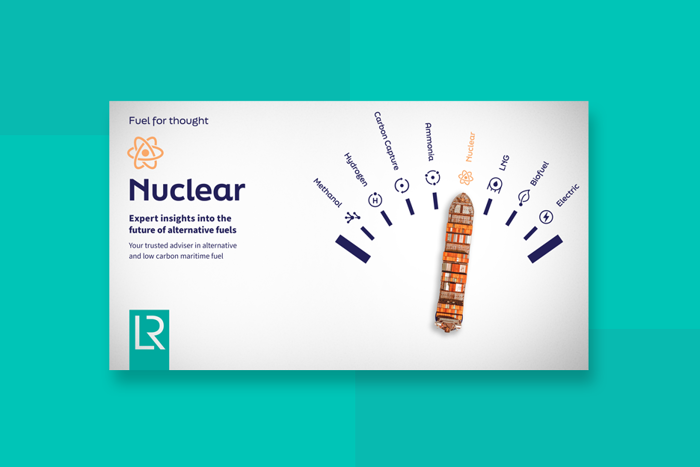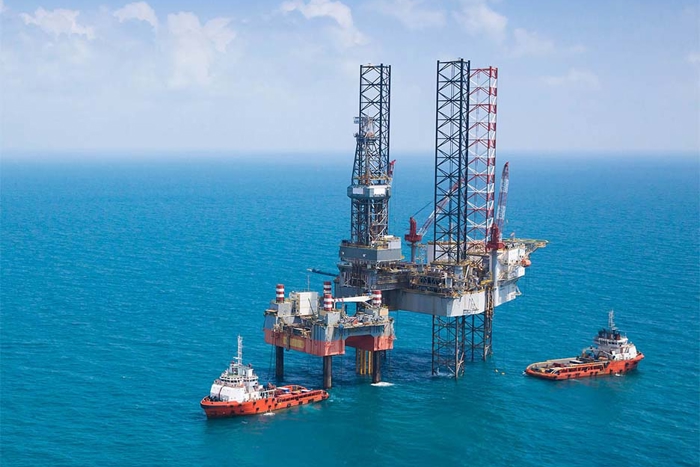Explore our expert-led assessment of nuclear solutions for maritime applications.
What is Nuclear?
Nuclear reactors harness the thermal energy released through controlled nuclear fission to generate heat that can then be used for conversion to electrical power or direct thermal energy for heating purposes. Using nuclear for shipping propulsion does not emit any GHGs.
Explore data for Nuclear

Explore molten salt readiness levels

Explore mirco-reactors readiness levels

Explore high temperature gas reactors readiness levels

Explore liquid metal cooled reactors readiness levels

Explore pressurised water reactor readiness levels
Advantages and disadvantages of nuclear
- Advantages
- Disadvantages
-
Straightforward onboard requirements: Nuclear reactors take up significantly less space than is required for alternative fuels, and no regular maintenance and operational crew input is needed. Additionally, there is safety by design (in the structure)
-
Infrequent bunkering: Regular bunkering is not required, saving time and costs associated with bunkering stops.
-
Zero emissions: No GHG emissions or particulate matter are produced during operation.
-
Depleted fuel management: Much of the waste can be used for power using new-generation nuclear technologies.
-
Public perception and understanding: Nuclear power's perceived safety risks and potential environmental impact have led to opposition from communities and environmental organisations.
-
Disposal of radioactive waste: This requires secure and sustainable solutions to prevent environmental contamination.
-
Safety considerations: Nuclear power systems require stringent safety measures to ensure any incidents have low consequences.


















